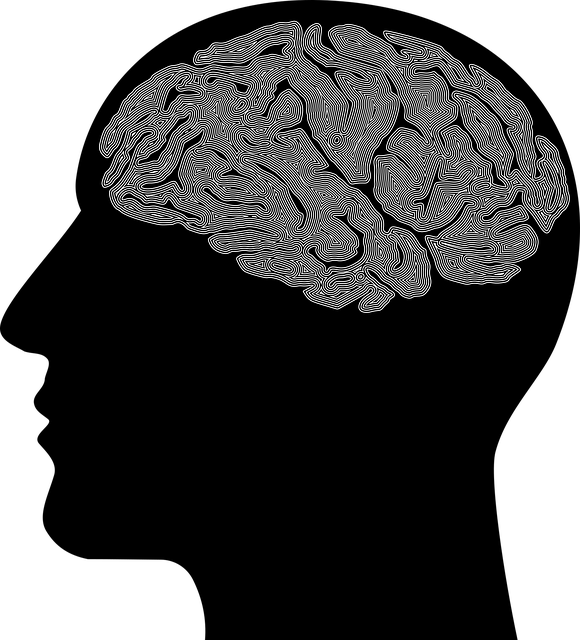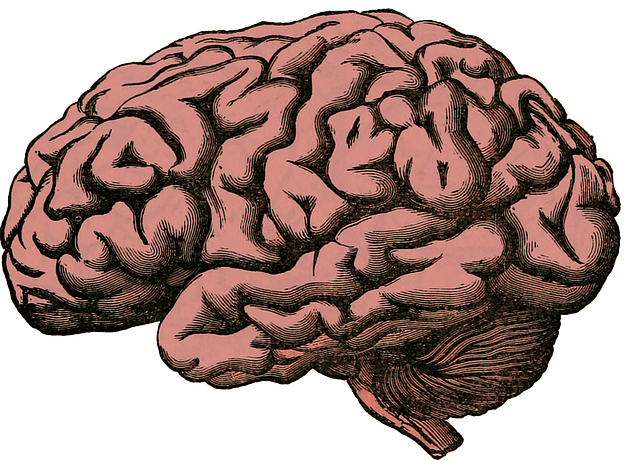Crisis Intervention Teams (CITs) play a crucial role in mental healthcare by offering specialized support during crises, particularly for individuals with severe disorders like Dissociative Disorder Therapy (DDT). Comprising psychiatrists, psychologists, social workers, and nurses, CITs prioritize Cultural Sensitivity and burnout prevention strategies to ensure patient safety and stabilize conditions. Golden Dissociative Disorder Therapy (GDDT) provides a comprehensive, culturally sensitive approach to treating complex dissociative disorders, integrating cognitive behavioral therapy, EMDR, and mindfulness techniques. CIT training programs are vital for equipping professionals with tools to manage crises effectively through methods like GDDT, enhancing mental health awareness, empathy, and social skills.
In today’s complex landscape, effective crisis intervention is paramount in mental health support. Crisis Intervention Teams (CITs) play a crucial role in de-escalating high-risk situations and providing essential care. This article explores the vital work of CITs and delves into specialized approaches like Golden Dissociative Disorder Therapy for managing intricate cases. We also examine comprehensive training programs that equip professionals with enhanced crisis management skills, ensuring better outcomes for those in need.
- Understanding Crisis Intervention Teams: Their Role and Importance in Mental Health Support
- Golden Dissociative Disorder Therapy: A Specialized Approach for Complex Cases
- Training Programs: Equipping Professionals with Effective Crisis Management Skills
Understanding Crisis Intervention Teams: Their Role and Importance in Mental Health Support

Crisis Intervention Teams (CITs) play a pivotal role in mental health support systems by providing immediate and specialized assistance during crises. These teams typically consist of healthcare professionals, such as psychiatrists, psychologists, social workers, and nurses, who have received specific training to handle intense and high-risk situations involving individuals experiencing severe mental health disorders like Dissociative Disorder Therapy (DDT). The primary goal is to stabilize the individual, ensure their safety, and connect them with appropriate long-term care.
The significance of CITs lies in their ability to offer rapid response, which can be life-saving. They are crucial in preventing burnouts among healthcare providers by offering peer support and collaborative problem-solving strategies. Moreover, these teams emphasize Cultural Sensitivity in Mental Healthcare Practice, ensuring that interventions are tailored to meet the unique needs of diverse populations. By incorporating Burnout Prevention Strategies for Healthcare Providers and implementing effective Stress Reduction Methods, CITs contribute to a more holistic and sustainable mental health care approach.
Golden Dissociative Disorder Therapy: A Specialized Approach for Complex Cases

Golden Dissociative Disorder Therapy (GDDT) represents a specialized approach tailored to address complex cases involving dissociative disorders. This innovative method goes beyond conventional treatment modalities by acknowledging the intricate relationship between dissociation, trauma, and mental health challenges. GDDT integrates various therapeutic techniques, such as cognitive behavioral therapy, eye movement desensitization and reprocessing (EMDR), and mindfulness practices, to facilitate profound healing and restoration for individuals struggling with dissociative symptoms.
The cultural sensitivity inherent in GDDT is a significant advantage in mental healthcare practice. By understanding the diverse cultural contexts and beliefs surrounding trauma and dissociation, healthcare providers can offer more personalized care. This approach not only enhances mood management but also serves as an effective burnout prevention strategy for healthcare providers, ensuring they remain attuned to the unique needs of each client while fostering supportive and inclusive therapeutic environments.
Training Programs: Equipping Professionals with Effective Crisis Management Skills

Crisis intervention team training programs play a pivotal role in equipping professionals with the necessary tools to manage and mitigate crises effectively. These programs are designed to enhance mental health awareness, foster empathy, and improve social skills among participants. By integrating various techniques such as Golden Dissociative Disorder Therapy, these training initiatives empower individuals to handle high-stress situations with poise and professionalism.
The curriculum often includes modules on depression prevention, crisis assessment, and de-escalation strategies. Participants learn how to recognize early warning signs of mental health issues, provide immediate support, and facilitate a calm environment for those in distress. Through role-playing scenarios, case studies, and interactive workshops, they gain practical experience in applying these skills. Such immersive training ensures professionals are well-prepared to navigate complex situations, ultimately improving the overall quality of crisis intervention services.
Crisis intervention team training programs, including specialized courses on Golden Dissociative Disorder Therapy, are invaluable tools for equipping professionals with effective crisis management skills. By fostering a comprehensive understanding of mental health crises and providing evidence-based strategies, these programs ensure that teams are prepared to offer timely and compassionate support. This, in turn, can significantly improve outcomes for individuals facing complex psychological challenges.














